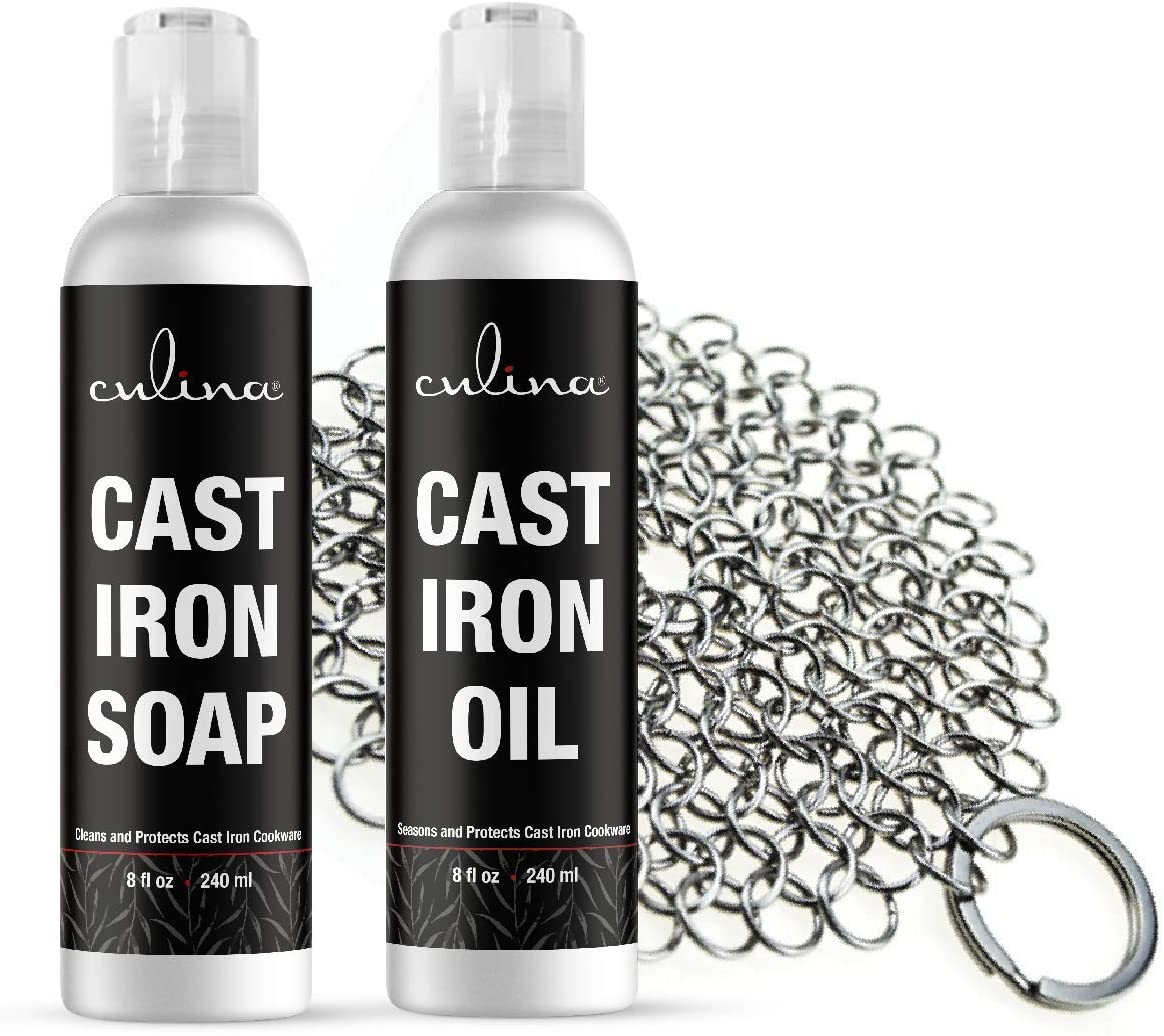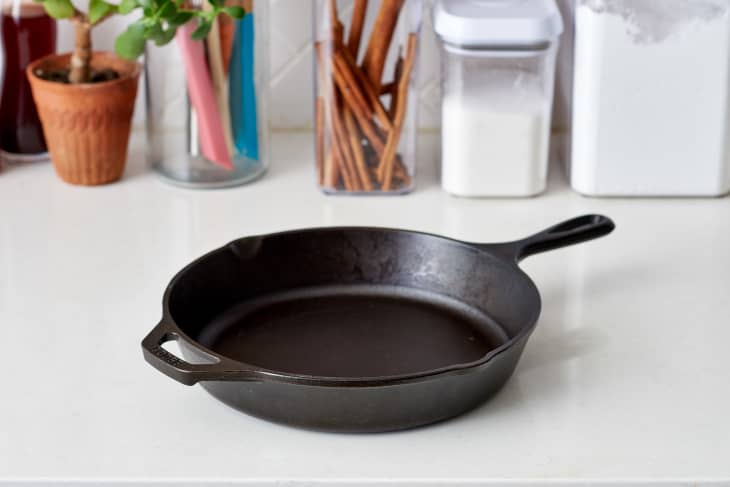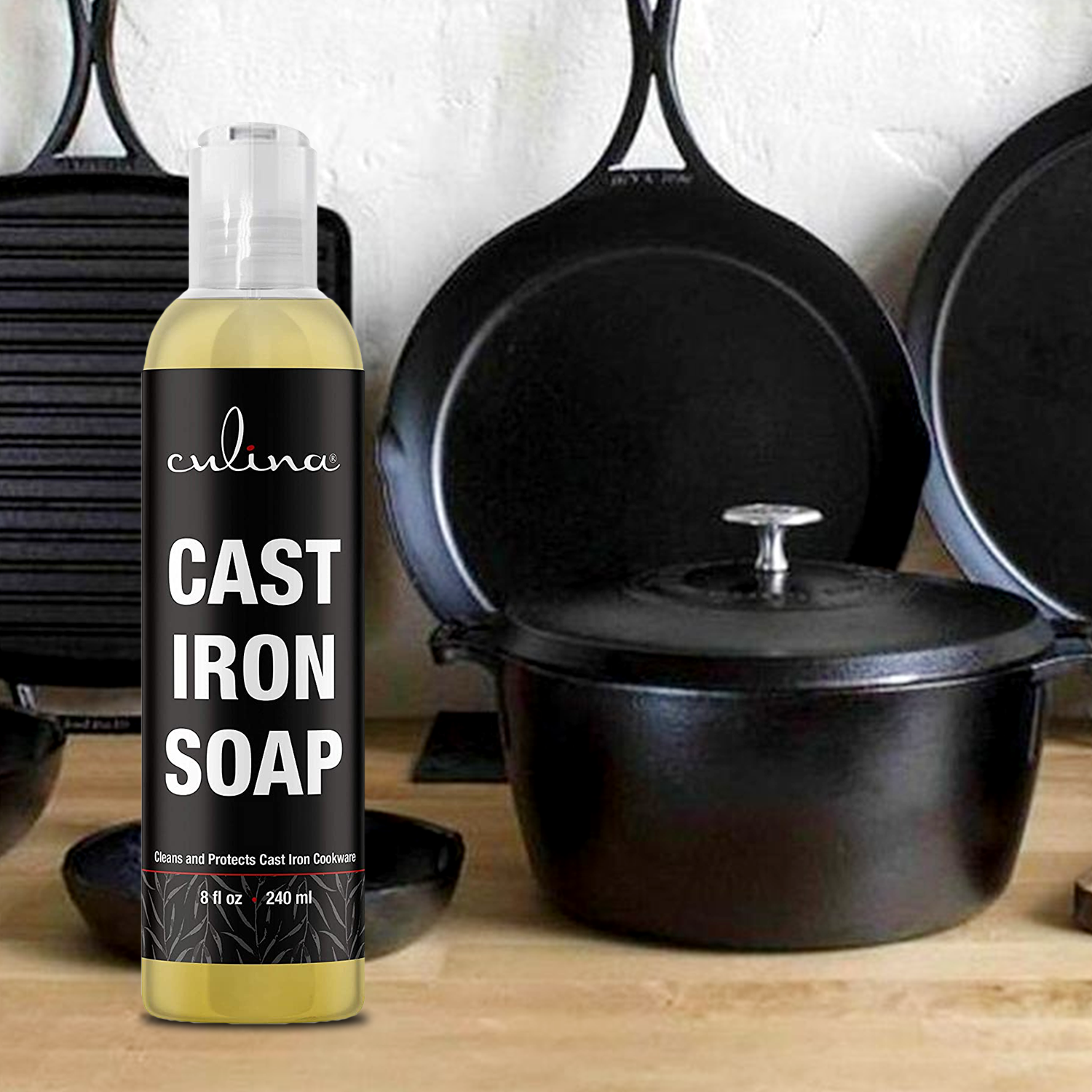Have you ever wondered how to start fry eggs in a cast iron skillet? This timeless kitchen tool offers an unparalleled experience when it comes to cooking perfectly fried eggs. Whether you are a seasoned chef or a novice in the kitchen, understanding the nuances of using a cast iron skillet can elevate your breakfast game. In this article, we delve into the step-by-step process and the benefits of frying eggs in a cast iron skillet, providing you with all the information you need to get started.

Why Choose a Cast Iron Skillet
Before diving into the steps of how to start fry eggs in a cast iron skillet, it is essential to understand why cast iron skillets are highly recommended. Cast iron skillets are praised for their ability to retain and distribute heat evenly, making them ideal for frying eggs. Additionally, they are extremely durable, lasting for generations when properly cared for.
Even Heating
The unique material of a cast iron skillet allows for even heating. Unlike other cooking pans that may have hot spots, a cast iron skillet ensures that your eggs cook uniformly.
Durability
A well-maintained cast iron skillet can last a lifetime. Proper seasoning and care help prevent rust and damage, making it a valuable investment for any kitchen.

Preparing the Skillet
Preparation is key when it comes to frying eggs in a cast iron skillet. The following steps will guide you through the initial preparation:
Seasoning the Skillet
One of the most crucial steps is seasoning your cast iron skillet. Seasoning involves coating the skillet with a thin layer of oil and heating it, which creates a non-stick surface. Here is a detailed guide on how to season a cast iron skillet.
Cleaning the Skillet
Make sure your cast iron skillet is clean before you start cooking. Use warm water and a mild scrubber to remove any food residue. Avoid using harsh soaps or abrasive materials as they can damage the seasoning. Here is some guidance on how to clean a greasy cast iron skillet.

Cooking the Eggs
Now, let us get to the main event: cooking the eggs. Follow these detailed steps to achieve the perfect fried eggs:
Heating the Skillet
Start by heating your cast iron skillet over medium heat. Allow it to heat up gradually to ensure even cooking. This process usually takes about 5 minutes.
Adding Oil or Butter
Once the skillet is hot, add a small amount of oil or butter. Spread it evenly across the surface using a spatula. This step helps in preventing the eggs from sticking to the skillet.
Cracking the Eggs
Carefully crack the eggs into the skillet. If you are frying multiple eggs, make sure to leave enough space between them to prevent them from merging together.
Seasoning the Eggs
Season the eggs with salt, pepper, and any other desired spices. You can get creative with your seasonings to add a unique flavor to your fried eggs.
Cooking Time
Allow the eggs to cook for about 2-3 minutes. For sunny-side-up eggs, cover the skillet with a lid to help cook the tops without flipping them. If you prefer over-easy or over-hard eggs, gently flip them using a spatula and cook for an additional 1-2 minutes.
Tips for Perfect Fried Eggs
Here are some expert tips to take your fried eggs to the next level:
Use Fresh Eggs
Fresh eggs tend to hold their shape better and result in a more appealing presentation.
Control the Heat
Maintaining the right temperature is crucial. Too high of heat can overcook the eggs, while too low of heat can cause them to stick.
Experiment with Oils and Seasonings
Different oils and seasonings can impart various flavors to the eggs. Do not be afraid to experiment with options like garlic-infused oil, chili flakes, or fresh herbs.
Cleaning and Maintaining Your Skillet
After enjoying your delicious fried eggs, it is essential to clean and maintain your cast iron skillet properly:
Cleaning
Allow the skillet to cool slightly before cleaning. Use warm water and a non-abrasive scrubber. Avoid soaking the skillet in water for long periods to prevent rusting. Here is a link on cleaning and seasoning a cast iron skillet.
Drying
Thoroughly dry the skillet with a towel. To ensure it is completely dry, place it on a stovetop burner over low heat for a few minutes.
Re-seasoning
Occasional re-seasoning helps maintain the non-stick surface. Apply a thin layer of oil and heat the skillet after each use.
Common Mistakes to Avoid
Here are some common mistakes to avoid when frying eggs in a cast iron skillet:
Not Preheating the Skillet
Skipping the preheating stage can cause the eggs to stick to the skillet.
Using Excessive Heat
Too much heat can burn the eggs and ruin the seasoning of the skillet.
Improper Cleaning
Using harsh detergents or scrubbers can damage the skillet’s seasoning. Always opt for gentle cleaning methods.
Advanced Techniques
For those looking to perfect their technique, here are some advanced tips:
Basting the Eggs
Spoon hot oil or butter over the eggs as they cook to achieve a rich, glossy finish.
Using a Lid
Covering the skillet with a lid can help cook the eggs evenly, especially for sunny-side-up eggs.
Adding Cheese
For an extra touch of flavor, sprinkle cheese over the eggs during the last minute of cooking.
FAQ
Can I use other oils besides vegetable oil or butter?
Yes, you can use a variety of oils such as olive oil, coconut oil, or even bacon grease for added flavor.
How do I know when the skillet is hot enough?
A good indicator is to sprinkle a few drops of water onto the skillet. If they sizzle and evaporate immediately, the skillet is ready.
Is it necessary to season the skillet every time I fry eggs?
While it is not necessary to season the skillet every time, frequent seasoning helps maintain its non-stick properties and prolongs its lifespan.
As an Amazon Associate, I earn from qualifying purchases.
